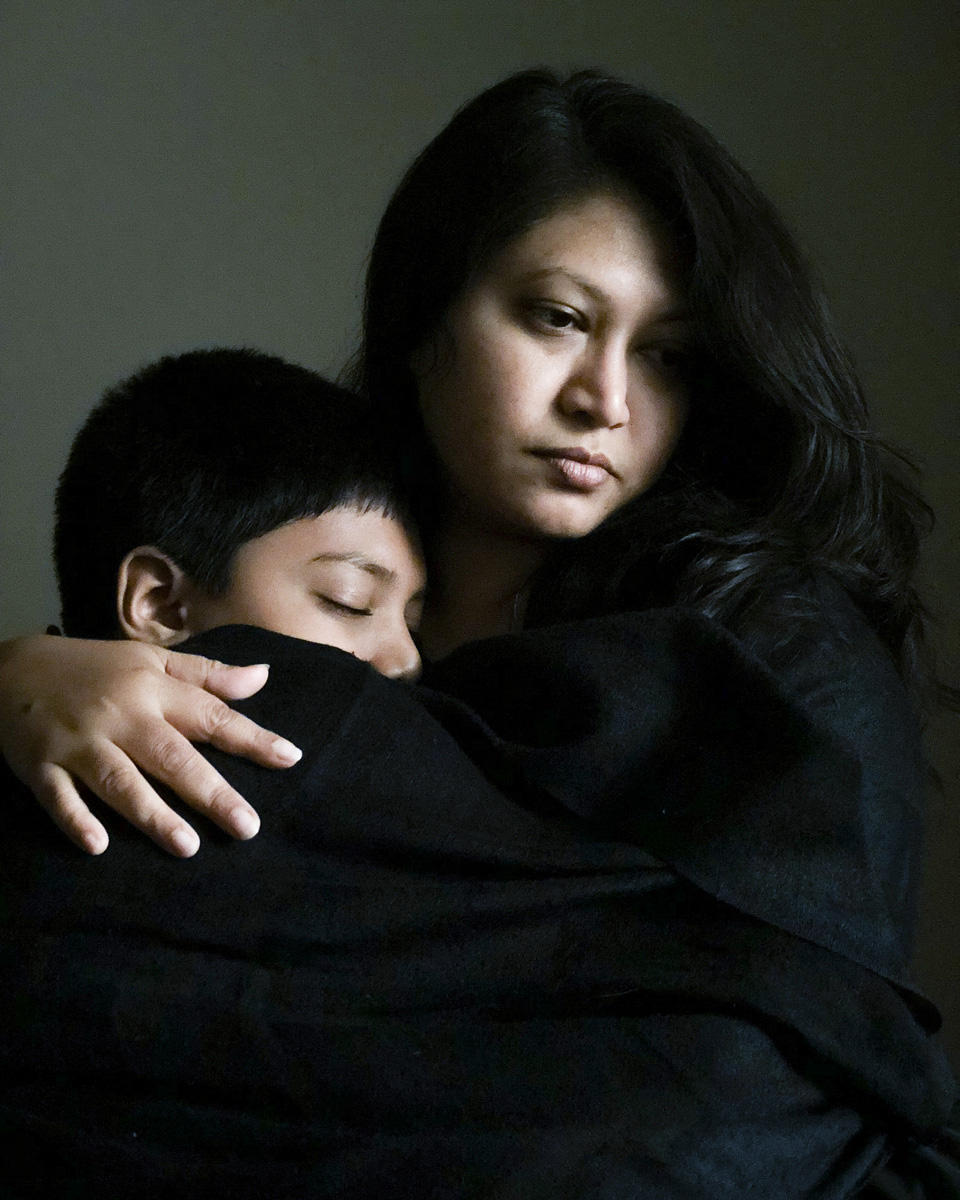Blue Period
It’s midnight; I hear a distant cry of a stray dog and the sputtering of engines at rhythmic intervals. On the other side of the bed, my mother is napping, holding my newborn close to her. I am wide awake though. The pain from the caesarean is still intense, but that is nothing compared to the unknown pain that emerges from within me. Even Pethidine has lost its effect. A cloud of depression is forming in silence. Today I have been blessed with my greatest treasure. Now I can feel [for] my mother—perhaps she has been through the same too? I am no longer angry at her.
My mother and child are with me, but it still feels lonely. The dog’s distant cry makes me feel even more forlorn. I can no longer fight back the tears. But am I not supposed to be the happiest person in the world today—a mother for the first time? Why do I feel so blue, so lost, so unsure of everything? Am I the only mother to feel this way?
Days later, I come to know that there’s a term to describe what I am feeling—postpartum depression (PPD), or “Blue Period”. It is something that many new mothers face when adjusting to a major life-changing paradigm shift. Symptoms of PPD range from mild to severe depression, anxiety and invasive thoughts to lethargy, fogginess and change in appetite. It’s a spectrum of complex emotions that we don’t really talk about, or acknowledge, lest we mothers are labelled as “less than” by society—so we endure our blue periods in silence, to comply with the exalted expectations of motherhood.
Prova Noorjahan Nizamys „When I feel so blue“ portraitiert einfühlsam Mütter in Bangladesh,
die unter postnatalen Depressionen leiden.
“When I feel so blue”, Prova Noorjahan Nizamy, 2021, © Prova Noorjahan Nizam


